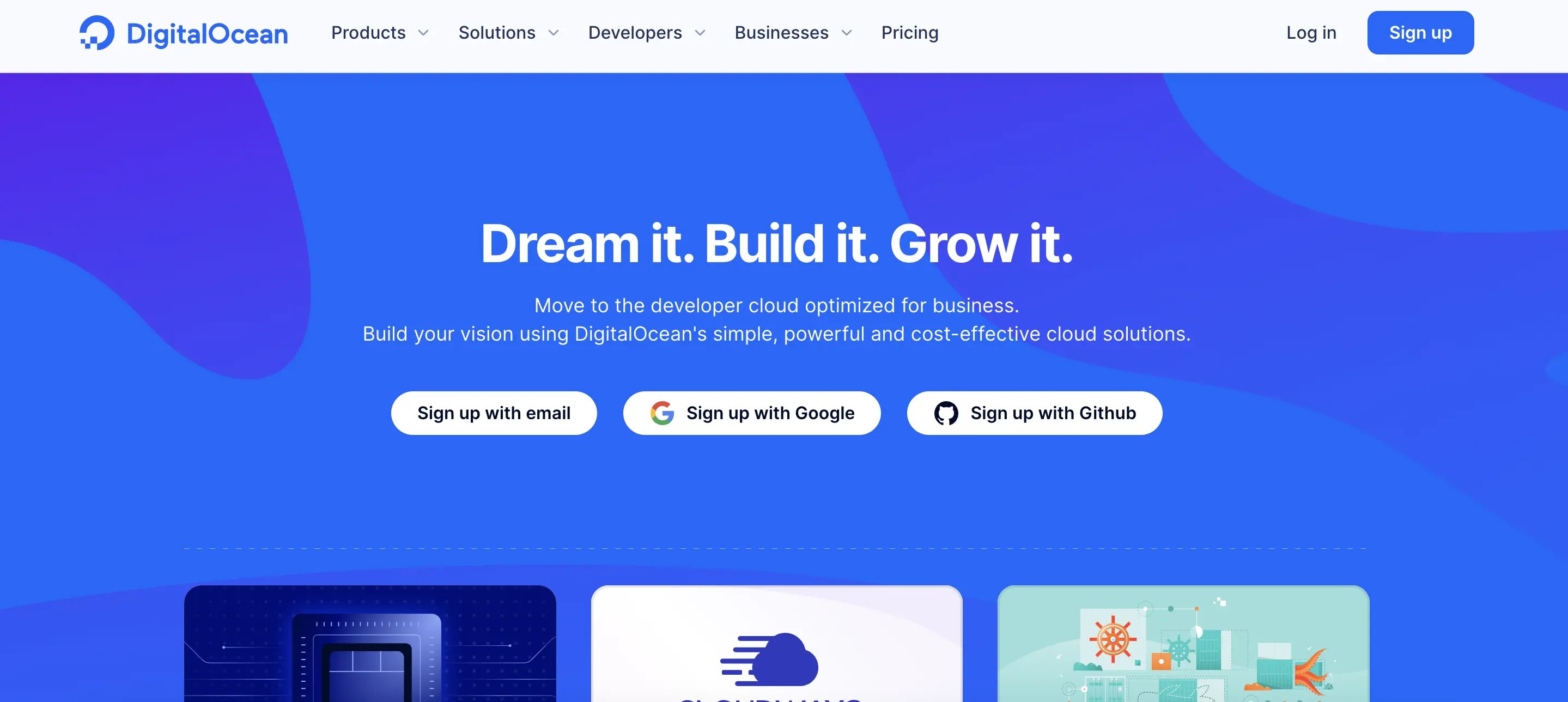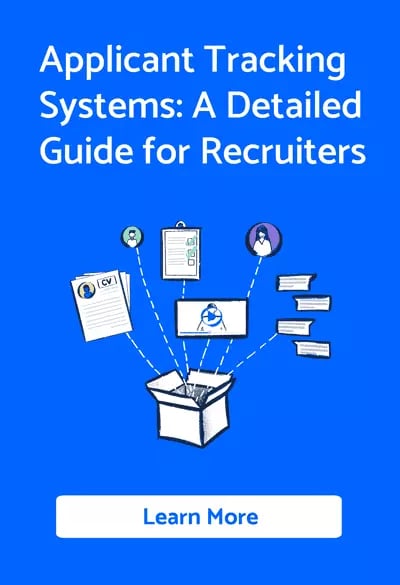Choosing the right web host for your startup is a critical decision that can significantly impact your business's online presence and performance.
With the myriad of options available, it can be overwhelming to sift through all the technical jargon and marketing promises to find a solution that truly meets your needs.
This guide aims to demystify the process and provide you with the knowledge you need to make an informed decision about web hosting for SMBs
7 Best Webhosting Providers for Startups
Understand Your Hosting Needs
The first step in choosing the right web host is to understand your specific needs. Consider the nature of your startup:
- Traffic Volume: How much traffic do you anticipate? If you're expecting high traffic volumes, look for a web host that offers scalable solutions like Digital Ocean.
- Type of Content: Will your site be media-heavy with lots of videos and images, or will it be mostly text with occasional graphics? This affects your bandwidth and storage requirements.
- E-commerce Features: If you're planning to sell products or services directly through your site, you'll need a web host that offers secure payment gateways, SSL certificates, and shopping cart functionality.
- Technical Requirements: Specific applications, programming languages, or frameworks might have particular hosting requirements.
Digital Ocean: A Top Recommendation for SMBs
When it comes to web hosting for SMBs, DigitalOcean stands out as a highly recommended option, thanks to its simplicity, scalability, and cost-effectiveness.
DigitalOcean specialises in cloud hosting solutions that cater to businesses looking for an easy-to-use platform with the ability to scale as they grow.
One of the key advantages of DigitalOcean is its droplets, which are scalable virtual private servers that can be customized and scaled according to your business needs.
Reliability and Uptime
Uptime is a critical factor for any online business.
The industry standard for uptime is 99.95%, which allows for approximately 4.4 hours of downtime per year.
Some web hosts offer uptime guarantees with refunds or credits if they fail to meet their commitments.
Choosing a web host with a high uptime percentage ensures that your website remains accessible to your customers and minimizes potential loss of revenue.
Speed and Performance
Website speed not only affects user experience but also impacts your site's search engine rankings.
A delay of just a second can lead to a 7% reduction in conversions, according to a study by Akamai.
Look for web hosts that use solid-state drives (SSDs), have data centres in multiple locations, and offer content delivery network (CDN) services to ensure fast load times for your website visitors worldwide.
Security Features
With the increasing frequency of cyber-attacks, security is more important than ever.
An estimated 30,000 websites are hacked each day, underscoring the need for robust security measures.
Essential security features include firewalls, malware scanning and removal, DDoS protection, and regular backups. Ensure your web host provides SSL certificates to safeguard sensitive information and boost your site’s credibility.
Scalability
As your business grows, your website will likely need more resources.
Choose a web host that offers easy scalability so you can upgrade your plan as needed without significant downtime or data migration hassles.
Customer Support
Good customer support can be a lifesaver, especially if you're not technically inclined.
Look for web hosts that provide 24/7 support through multiple channels like live chat, email, and phone.
Responsive and knowledgeable support can significantly reduce downtime and stress if issues arise.
Price
While cost is an important consideration, it shouldn't be the only factor. The cheapest option might not offer the reliability, speed, or features you need.
Consider the total value offered by a web host, including performance, security, and support services, before making a decision.
Reviews and Recommendations
Finally, research and read reviews from other users. Look for feedback on performance, support, and ease of use.
Recommendations from trusted industry websites or colleagues can also be invaluable in your decision-making process.
Let's wrap up
Choosing the right web host is a foundational step in building a successful online presence for your startup.
By carefully considering your specific needs, prioritising reliability, performance, security, and support, and doing your due diligence in researching potential web hosts, you can find a hosting solution that supports your business goals.
Remember, web hosting for SMBs is about finding a balance between cost, features, and scalability to ensure your website can grow along with your business.
What are the key factors to consider when choosing a web host for a startup?
Why is uptime important in web hosting, and what is considered a good uptime percentage?
How does website speed impact user experience and SEO?
What security features should I look for in a web host?
Essential security features to look for include SSL certificates (for encrypting data), regular backups (to recover your site in case of data loss), malware scanning and removal, firewalls, and DDoS protection. These features help protect your website from cyber threats and ensure the safety of your and your users' data.
Can the choice of web host affect my website's scalability?
Yes, the choice of web host can significantly affect your website's scalability. Opt for a web host that offers flexible and scalable hosting solutions, allowing you to easily upgrade your resources (such as bandwidth, storage, and processing power) as your business grows. This ensures your website can handle increased traffic and content without performance issues.




